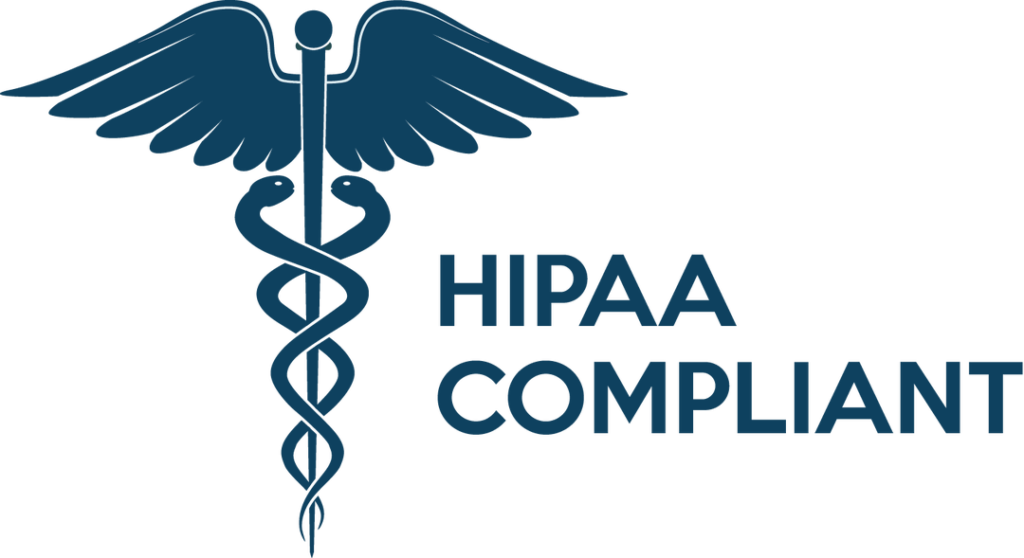What to Expect During Your Stay at Yellowstone Recovery
As a new resident or family member of a client, you likely have questions about what happens in rehab on a daily basis. Read on to learn more about what to expect in rehab at Yellowstone Recovery.
Food and Dining
Clients living on-site prepare and eat family style meals in their residence. Examples of common menu items include chicken sandwiches, oatmeal, pulled pork, and spaghetti; clients with dietary restrictions will be provided with alternatives as needed. Clients may also prepare their own additional food between meals.
Living On-Site
The typical ratio of outpatient to inpatient clients is roughly 1:3. Because most of our clients are inpatient, our residents do share space. Single rooms may be shared by two to four people. Smaller houses accommodate up to five people, and larger houses accommodate up to thirteen people. All housing is split by gender; none of the residences are co-ed.
Facility Staff
Residential clients are assisted by a staff of over 25 people of all ages. The ratio of clients to staff members is never more than 3:1 at maximum capacity.
All staff members are individuals in recovery with at least six months of sobriety, and over 80% are graduates of our own programs. Staff members are drug tested on a regular basis and are only assigned to same-gender housing (i.e., female staff to female houses) to ensure client safety and comfort.
Visitation

After an initial blackout period with no outside contact, clients must have one on-site family visit before they may have day passes to visit with family off-site. Family members must attend one family group before the on-site visit and two groups before the off-site visit. Non-spouse significant others are not considered family and may visit after 60 days.
Transportation
House managers and staff drivers provide transportation between residences, meeting and activity locations (males and females are transported separately). Rides to stores or other errand locations will not be provided. During blackout, clients can submit requests to have family drop off any additional items they may need. After blackout, clients may walk to stores to make purchases.
Everyday Life in Rehab
A client’s day at Yellowstone Recovery begins with meditation at 7 a.m. and ends with bedtime at 11 p.m. Inpatient clients remain under 24-hour supervision, while sober living clients are only overseen by a manager who ensures they make curfew. Cell phones are not initially allowed, but they may be earned back when the client gets a job and shows appropriate responsibility.
Clients keep their belongings in dresser drawers and ample shared closet space. Most residences have multiple bathrooms (two or three people per bathroom). Residents are expected to clean up after themselves and laundry facilities are available on-site.
Group Therapy
Group therapy sessions are held at an off-site facility (or, occasionally, in a client residence) and usually consist of 18-20 clients and last for approximately one to three hours. All of our experienced group counselors are certified, licensed, or registered through CCAPP.
One-on-One Therapy and Individual Care
Clients meet one-on-one with therapists at least once a week. If necessary, our staff psychiatrist can prescribe medications to be taken in conjunction with counseling. Individual clients are also expected to attend each of the program curriculum classes once per week and participate in nightly AA meetings.
Rehab Rules and Restrictions
For the first 30 days, clients may not possess any electronics, and their money is stored by staff in a locked safe. Generally, anything worth more than $20 will not be allowed at Yellowstone Recovery.
Items like cigarettes and vape supplies are allowed, and clients may smoke and vape in designated areas around the premises. If a client runs out of these supplies while in blackout, a house manager can help them get more.
Clients are also expected to follow a strict code of conduct and obey all listed rules. Clients are expected to treat staff and peers with respect; violence, threats, and fraternization may lead to dismissal from the program.
Treatment Attendance and Privacy Rights

You are allowed to leave rehab at any time, but we will strongly encourage you to continue treatment for the most successful result. We believe in every client’s ability to achieve lasting sobriety and will always work with your best interests in mind.
In compliance with HIPAA laws, the things you confide in us will be protected (unless there is a clear risk of harm to yourself or others). Clients are also expected to keep anything shared in group therapy within the group.
Medical Care
Clients are allowed to continue taking certain prescription non-narcotic medications during treatment. Benzodiazepine drugs are not allowed unless our doctor prescribes them as part of detox. Drug testing is mandatory and is administered at the staff’s discretion rather than on a set schedule.
If you get sick while in rehab, you will be allowed to miss group therapy and rest for the day. If you continue to feel ill, you will be taken to see a doctor.
- Treatment Options
- Program Curriculum
- Program Services








